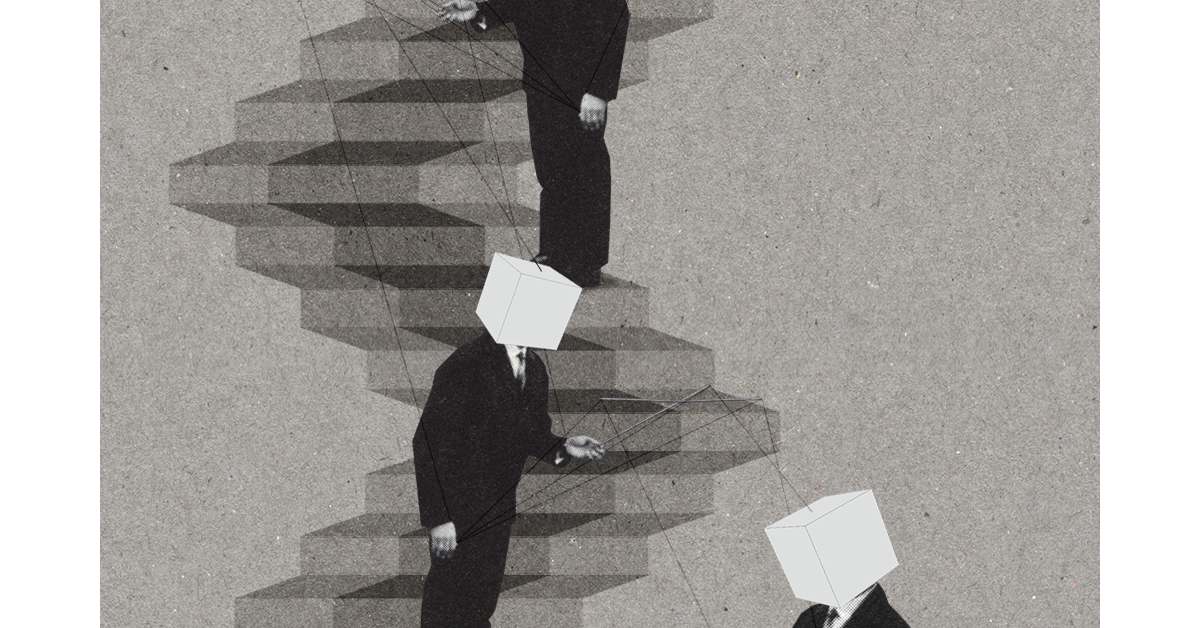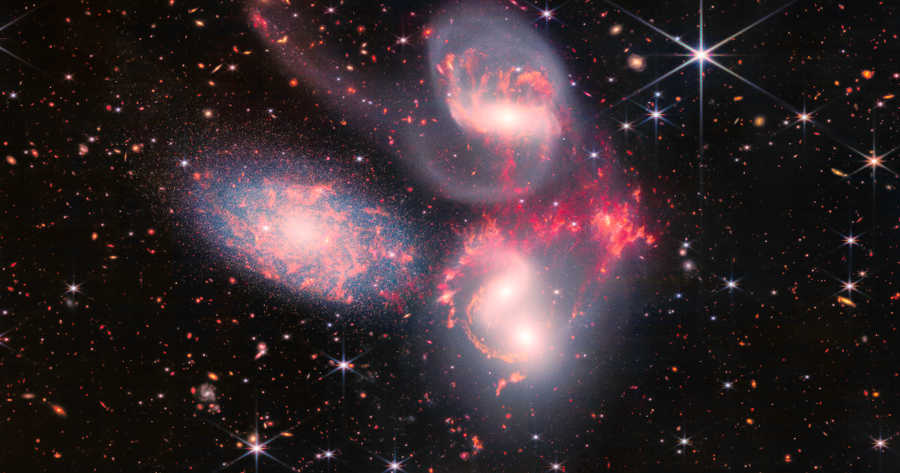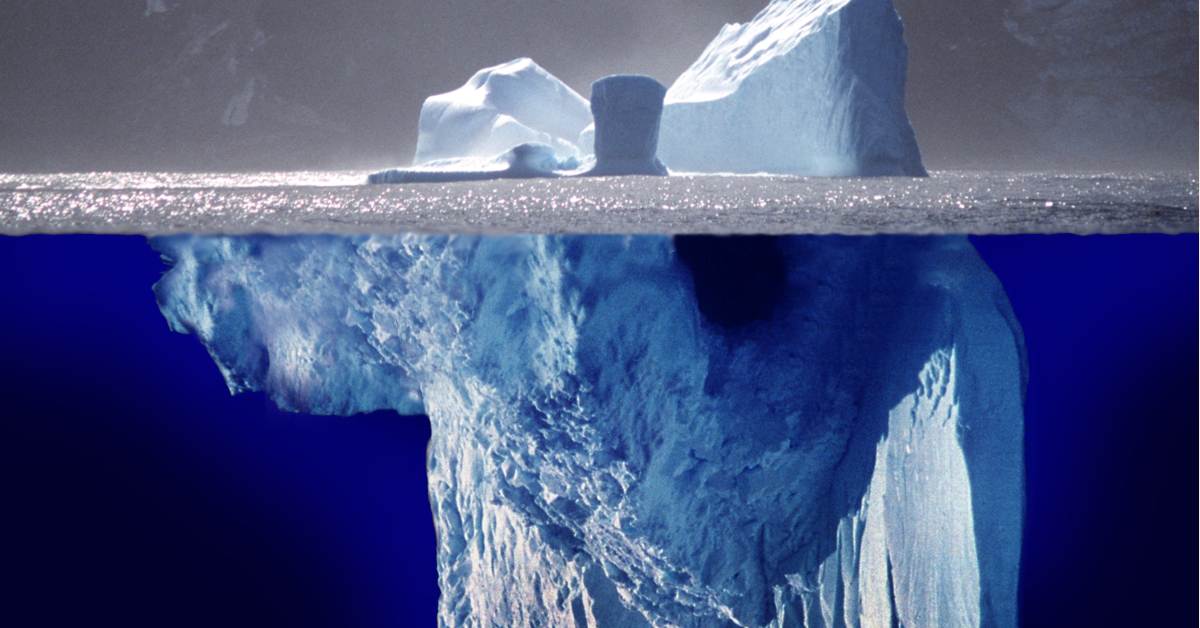“Everything we say signifies; everything counts that we put out into the world. It impacts our kids, it impacts on the zeitgeist of the time.”
“Even a genius cannot completely resist his Zeitgeist, the spirit of his time.”
On an individual level, it’s hard to keep my spirits up these days.
People are dying. The economy is in shambles. Restaurants and bars are closed. Lives and livelihoods are being destroyed.
This phenomenon made me think about the general spirit of the time, or zeitgeist, which describes the general intellectual and moral state or “temper” characteristic of any period.
On a micro level, I see “tempers” flaring more easily.
Quarantines and physical distancing have a way of gnawing on our nerves and, even though most of us are not running temperatures, we feel chronically irritated, anxious, or depressed.
In this post, I’m going to zoom way out and explore the zeitgeist of the 19th century, the 20th century, and our current times.
I realize it’s impossible to assign a particular spiritual condition to an entire century for the whole planet, but I thought it might be useful to step way back to explore how human life has changed in the last couple of hundred years and how those changes have influenced our world zeitgeist. At the end of the post, I will zoom back into our individual spirits and how we can emerge from this crisis. So here goes.
Let’s start with the 19th century.
Overall, I see this period as a time of forced dependence.
This century was characterized by imperialism, industrialization, and urbanization. It was an era of game-changing inventions like electricity, telecommunications, and medicine—from the discovery of aspirin to the use of vaccines and anesthesia. The century not only witnessed the world’s first oil refinery but also the first typewriter. Most of Asia and Africa came under colonial rule. Slavery was finally abolished, but its legacy and forms still remained. Countries imposed their wills on other countries and rich people imposed their will on poor and Black people. We created a zeitgeist of dependency.
In the 20th century the population increased from under 2 billion people to over 6 billion people.
Overall, I see this period as a time of competitive enterprise. Several events heralded significant changes that defined the era: the 1918 flu pandemic, two world wars, several regional wars, nuclear power and weapons, space exploration, nationalism, decolonization. We also saw the formation of several world organizations such as the United Nations and the World Health Organization. There was heightened awareness of environmental degradation and species extinction.
Perhaps, most importantly, the birth of integrated circuits caused a revolution in the way we communicate, do business, and interact. The explosion of new technologies and global population resulted in increased competition for land and resources. The price of that hyper-competition led to deforestation, water depletion, global warming, and air pollution.
In the 20th century, life expectancies improved dramatically due to advances in medicines and nutrition as well as the quality of life from inventions like radio, TV, automobiles, and airplanes. Breakthroughs also occurred in civil rights for women and minorities. Globalization further impacted the intellectual and moral climate. Music, movies, and video gaming all reflected significant shifts in the culture. Advances in science, technology, engineering, and math all had major impacts on the way we live, learn, and work. In a grossly generalized sense, more people, fewer resources, greater possibilities and bigger prizes all contributed to a highly charged competitive spirit – for better and for worse.
So here we are 20 years into the 21st century. COVID-19 and the accompanying economic collapse have increased the urgency to reflect on the spirit of our time. To me, the 21st century has exacerbated the shift from dependence (19th century) and competitiveness (20th century) to independence. It’s all about me.
In the first fifth of this century, we have already experienced major disruptions: 9/11, world-wide terrorism, 2008 great recession, and now the 2020 pandemic. We have also had our lives changed by the emergence of technology titans like Google, Facebook, Amazon, and yes, Zoom. That’s a lot to absorb in a short amount of time.
In the current crisis, we are witnessing heroic efforts by all kinds of people from the front lines of medicine to ordinary citizens on the street who are honoring social distancing and wearing face masks. At the same time, however, we have experienced a whole series of “undoing” – of international relations and law, of truth, of American leadership, of environmental protection, and of institutional stewardship. There is an over-riding spirit of mistrust, misery, and mendacity.
The question is, what do we need to do to create a different zeitgeist?
In a recent post, Charles Eisenstein suggested we need to turn to facts to defy the various narratives circulating from tribal camps. He says,
“to leap from one certainty to another skips the holy ground of uncertainty, of not knowing, of humility, into which genuinely new information can come. What unites the pundits of all persuasions is their certainty. Who is trustworthy? In the end, it is the person with the humility to recognize when he or she has been wrong.”
It seems to me that Charles has it right. We need to create a spirit of humility in which we all own our mistakes and recognize when we are wrong. This culture of narcissism in which the moral and intellectual fabric is rapidly unraveling is a sure path to more misery and mistrust.
Eisenstein goes on to say,
“We can look for truths that the smoke and clamor of the battle obscures. We can question assumptions both sides take for granted, and ask questions neither side is asking. Not identified with either side, we can gather knowledge from both. Generalizing to society, by bringing in all the voices, including the marginalized ones, we can build a broader social consensus and begin to heal the polarization that is rending and paralyzing our society.”
For me, as a global civilization, Eisenstein beautifully summarizes the zeitgeist we should be creating together. We need to question assumptions, include all voices, enter conversations with humility, honor each person’s identity, and build a broader social consensus. Thank you Charles.
Zooming back into our individual spirits, I believe the same principles apply: be humble, don’t over-identify, be inclusive, be trustworthy. Hopefully, in the next few months, as we see the world open up, our spirits will begin to rise. Perhaps, out of all of this, we will strengthen our moral and intellectual fiber, create a culture of humility, and contribute to a shift from imaginary, individual independence to collective interdependence – a new world zeitgeist. Perhaps now is the perfect time to focus more on community, collaboration, and connectedness than on competitiveness. May it be so.



Oh, I hope so Ricky!